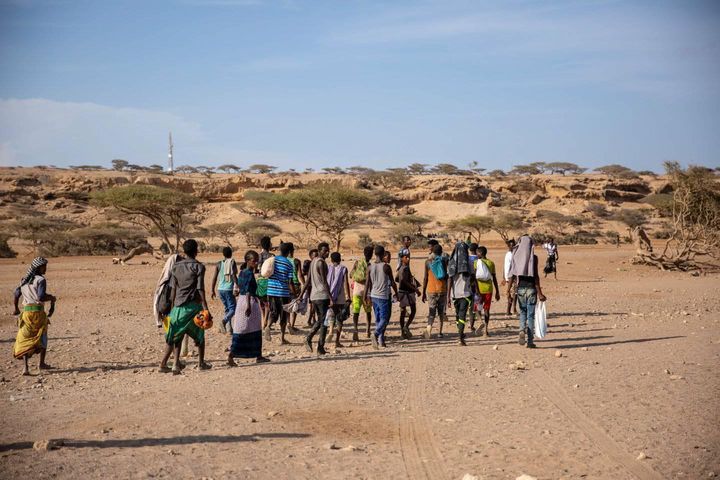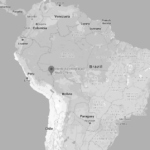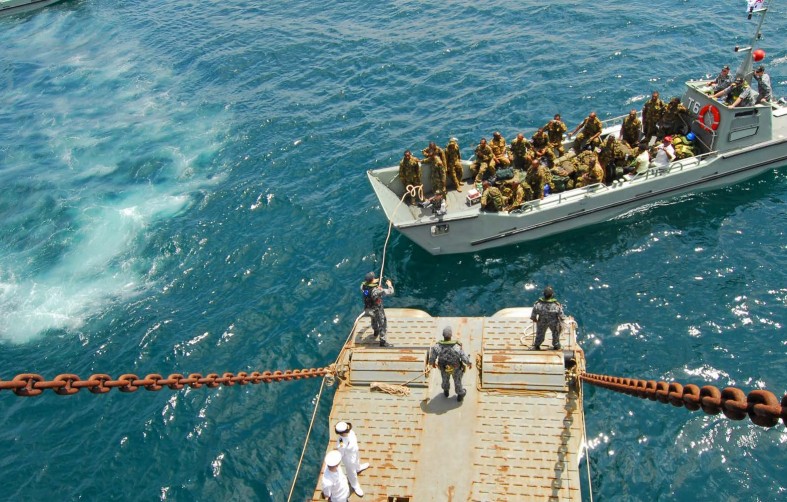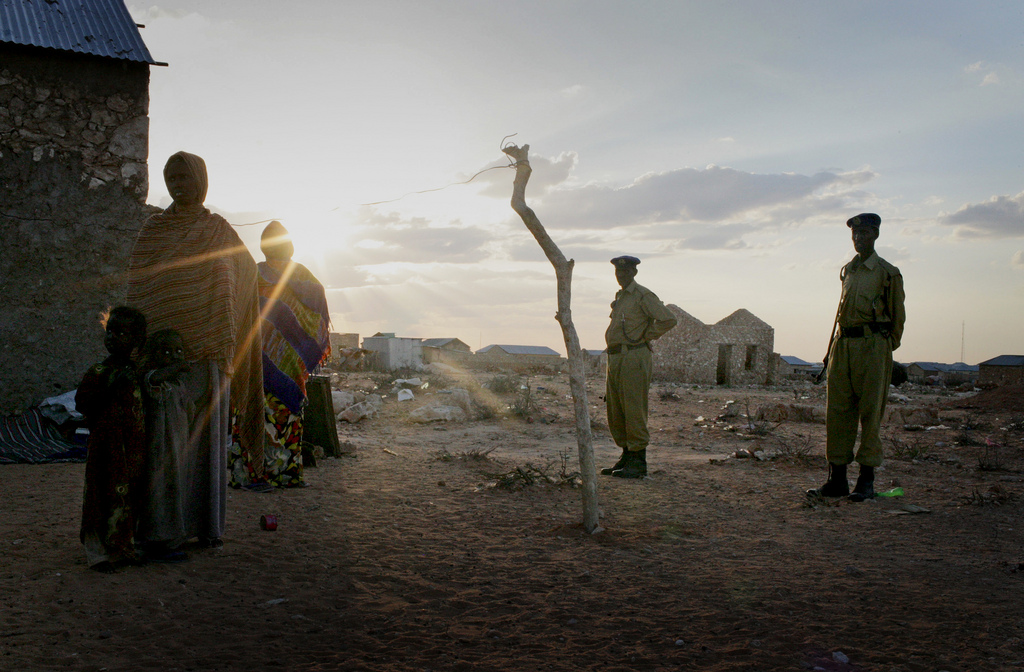ADDIS ABABA, Ethiopia – New data published by the International Organization for Migration (IOM) this week confirms a nearly three-fourths decline in migration from the East and Horn of Africa regions toward Gulf countries through Yemen during 2020.
These findings are especially significant because African migration through Yemen to the Gulf of Arabia has been high for the past four years. Despite reduced arrivals in 2020 — due in part to Coronavirus-related restrictions — risks for migrants increased, with more detentions, exploitation and forced transfers.
Data released by IOM show that the number of migrants crossing via Yemen from the Horn dropped from a high of 138k in 2019 to 37k in 2020. Forced returns from the Kingdom of Saudi Arabia were also significantly reduced, passing from nearly 121k Ethiopian migrants in 2019 to 37k in 2020.
Border closures, which have left thousands of workers stranded, resulted in many workers from the East African countries facing exploitation from people smugglers when trying to get home. As of September 2020, some 3,000 migrants were stranded within the East and Horn of Africa, in addition to tens of thousands of other migrants from the region stranded in Yemen.
By Henok Alemayehu



